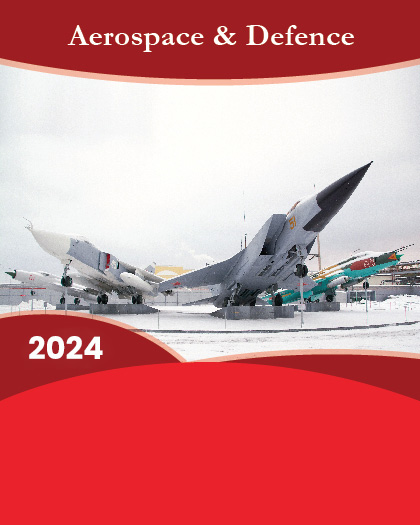
The Global Helicopter Simulation Market is valued at approximately USD 1.13 billion in 2023 and is anticipated to grow with a healthy growth rate of more than 6.1% over the forecast period 2024-2032. Helicopter simulation is a technology that artificially reproduces the flight and flight environment of a helicopter for pilot training and design purposes. This technology is crucial for providing pilots with the opportunity to develop their navigational skills under both visual and instrumental flight regulations. Helicopter simulation can be programmed for specific routes, reducing the need for actual flight training in helicopters, thus offering a cost-effective method for pilots to practice essential and emergency skills.
The growth of the Global Helicopter Simulation Market is driven by several factors, including the rise in air passenger traffic, increased defense expenditure, heightened concerns regarding passenger safety, and a growing number of pilot training institutes. However, the high purchase, operating, and maintenance costs of helicopter simulation systems pose significant challenges to market growth. On the other hand, advancements in virtual reality (VR) and artificial intelligence (AI) in helicopter simulation and the increasing demand for simulators from civil and commercial aviation sectors are expected to provide growth opportunities during the forecast period. However, High Purchase and Operating Cost and Frequent Maintenance Costs would stifle the market growth.
Key regions considered for the study in Global Helicopter Simulation Market includes Asia Pacific, North America, Europe, Latin America and Middle East and Africa. North America dominate the market, driven by the development of advanced components that enhance the efficiency of helicopter simulators and the presence of key market players. The region's growth is also fueled by increasing concerns regarding air defense skills and the demand for helicopter simulators by the U.S. Air Force. Additionally, strict Federal Aviation Administration regulations further contribute to market growth in North America. The development of helicopter simulators for emergency training and cost-effective tools for building flight time and practicing techniques are anticipated to create significant demand in the U.S. market. For example, in April 2022, the U.S. Marine Corps expanded CH-53K heavy lift helicopter training with additional simulators provided by Lockheed Martin. Similarly, various contracts and partnerships, such as CAE USA's contract with the U.S. Army for simulator and live flying instructor support services, are expected to drive market growth in the region. Moreover, the Asia-Pacific region is the fastest-growing market for disabled and elderly assistive technology. This rapid growth is propelled by several factors, including the increasing aging population, rising disposable incomes, and improving healthcare infrastructure. There is also growing awareness and acceptance of assistive technologies in countries such as China, Japan, and India. Additionally, government initiatives to support the elderly and disabled, along with the expansion of healthcare services in rural areas, are significantly contributing to market expansion.
Major market players included in this report are:
CAE Inc.
Thales Group
FlightSafety International Inc.
L-3 Communications Holdings Inc.
The Boeing Company
Rockwell Collins, Inc.
Lockheed Martin Corporation
Textron Inc.
Frasca International, Inc.
Indra Sistemas, S.A.
Reiser Simulation and Training GmbH
Airbus Group SE
Raytheon Technologies Corporation
TRU Simulation + Training Inc.
Moog Inc.
The detailed segments and sub-segment of the market are explained below:
By Offering:
Services
Products
By Simulator Type:
Full Flight Simulators
Fixed-base Flight Training Devices
By Application:
Civil and Commercial
Military
By Region:
North America
U.S.
Canada
Europe
UK
Germany
France
Spain
Italy
ROE
Asia Pacific
China
India
Japan
Australia
South Korea
RoAPAC
Latin America
Brazil
Mexico
Middle East & Africa
Saudi Arabia
South Africa
RoMEA
Years considered for the study are as follows:
Historical year - 2022
Base year - 2023
Forecast period - 2024 to 2032
Key Takeaways:
Market Estimates & Forecast for 10 years from 2022 to 2032.
Annualized revenues and regional level analysis for each market segment.
Detailed analysis of geographical landscape with Country level analysis of major regions.
Competitive landscape with information on major players in the market.
Analysis of key business strategies and recommendations on future market approach.
Analysis of competitive structure of the market.
Demand side and supply side analysis of the market.
























